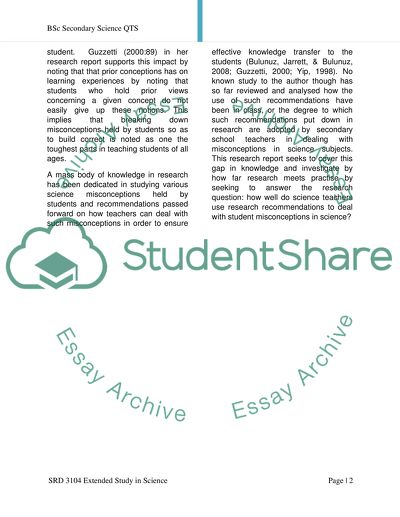Cite this document
(“Student Misconceptions in Secondary Science Dissertation”, n.d.)
Retrieved from https://studentshare.org/education/1397859-student-misconceptions-in-secondary-science
Retrieved from https://studentshare.org/education/1397859-student-misconceptions-in-secondary-science
(Student Misconceptions in Secondary Science Dissertation)
https://studentshare.org/education/1397859-student-misconceptions-in-secondary-science.
https://studentshare.org/education/1397859-student-misconceptions-in-secondary-science.
“Student Misconceptions in Secondary Science Dissertation”, n.d. https://studentshare.org/education/1397859-student-misconceptions-in-secondary-science.


